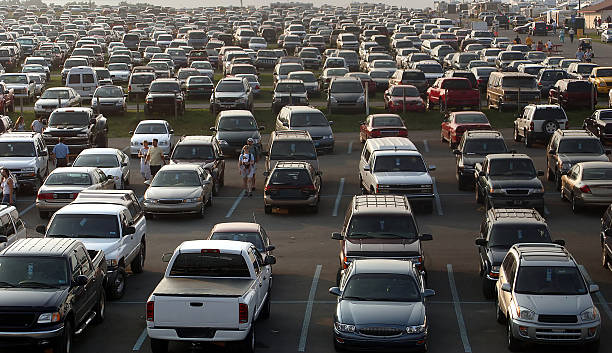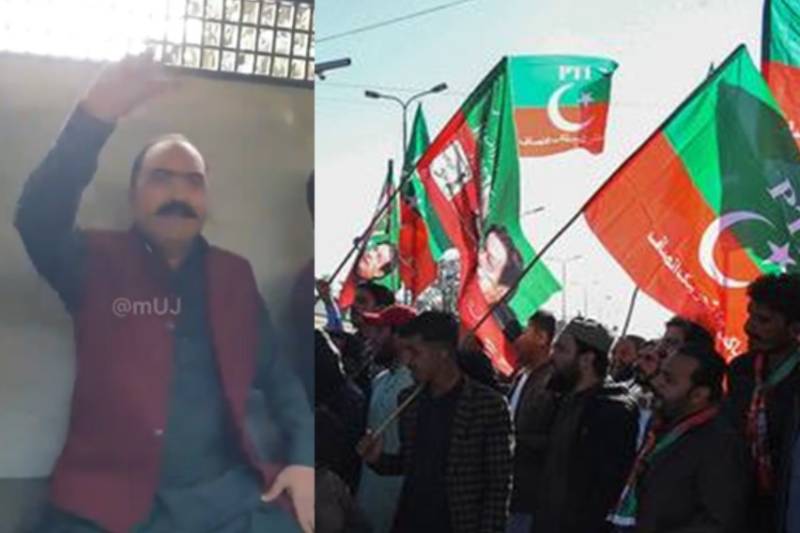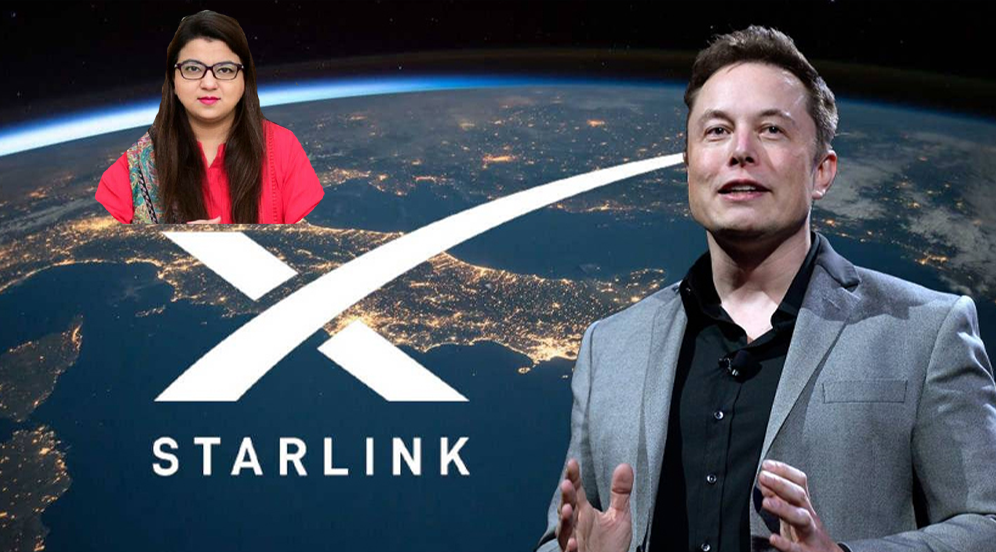The government of Pakistan has announced a ban on the import of accidental and low-quality used cars and will impose a 40% tariff on commercial imports of used vehicles starting next month. The move, aimed at protecting the local automobile industry, is part of the country’s commitments under a $7 billion IMF bailout programme.
Despite expectations from consumers, this decision will not lead to immediate relief in car prices. Local car assemblers argue that high taxation—ranging from 30% to 61% of a vehicle’s retail price—is already a major factor keeping prices high.
The announcement was made during a joint session of the Senate Standing Committees on Finance and Industry. Joint Secretary for Trade Policy Mohammad Ashfaq confirmed that this 40% tariff will act as an additional protective measure for the domestic industry. However, it is still unclear whether existing import schemes such as transfer of residence, baggage, and gift will continue once commercial imports are formally allowed. Currently, these schemes supply around one-fourth of the market, often involving slightly damaged but more affordable used cars.
READ MORE:
Your Ultimate 2025 Guide for Outsmarting Phone Thieves
From September, commercial imports of used vehicles up to five years old will be permitted, and by July next year, all age and quality restrictions will be lifted. Over four years, the 40% tariff will be gradually reduced to zero. Vehicles aged six to eight years will then also be allowed, subject to environmental standards.
As part of the IMF deal, Pakistan must also reduce its overall average tariff from 20.2% to 9.7% over five years. In the first year (FY26), tariffs will drop to an average of 15.7% by lowering customs duty, additional customs duty, and regulatory duty. All additional and regulatory duties, as well as exemptions, will be phased out by FY30, and a simplified four-tier tariff system will be introduced, with a maximum rate of 15%.
Meanwhile, local industry groups like the Pakistan Automotive Manufacturers Association (PAMA) and the Pakistan Association of Automotive Parts and Accessories Manufacturers (PAAPAM) are lobbying against the liberalization, arguing it will hurt domestic manufacturers. These protections, currently supported under the Auto Policy, will begin phasing out from July 1, 2026.
Experts believe the policy reflects a careful balancing act between IMF obligations and local industry interests, with consumers unlikely to benefit from lower vehicle prices in the near future.




